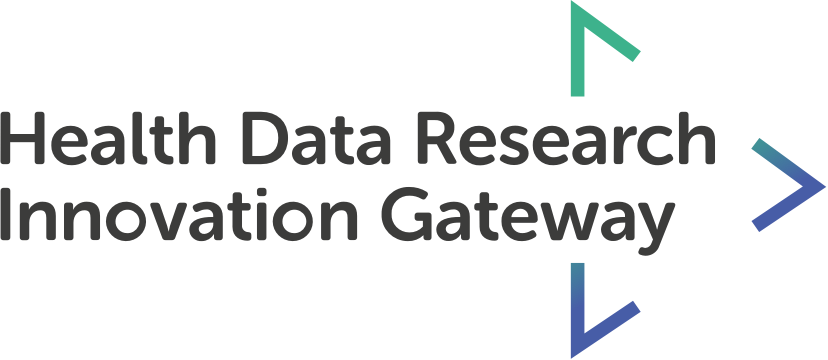Lay Summary
When COVID-19 hit the UK in early 2020, there were no known treatments for a condition that results in the death of around one in four patients hospitalised with this disease. Around the world, possible treatments were administered to huge numbers of patients, without any reliable assessments of safety and efficacy. The rapid generation of high-quality evidence was vital. RECOVERY is a streamlined, pragmatic, randomised controlled trial, which was set up in response to this challenge. As of April 2021, over 39,000 patients have been enrolled from 178 hospital sites in the UK. Within 100 days of its initiation, RECOVERY demonstrated that dexamethasone improves survival for patients with severe disease; a result that was rapidly implemented in the UK and internationally saving hundreds of thousands of lives. Importantly, it also showed that other widely used treatments (such as hydroxychloroquine and azithromycin) have no meaningful benefit for hospitalised patients. This was only possible through randomisation of large numbers of patients and the adoption of streamlined and pragmatic procedures focused on quality, together with widespread collaboration focused on a single goal. RECOVERY illustrates how clinical trials and healthcare can be integrated, even in a pandemic. This approach provides new opportunities to generate the evidence needed for high-quality healthcare not only for a pandemic but for the many other conditions that place a burden on patients and the healthcare system.
Authors:
Pessoa-Amorim G, Campbell M, Fletcher L, Horby P, Landray M, Mafham M, Haynes R.
Original content: https://web.www.healthdatagateway.org/paper/34286192
